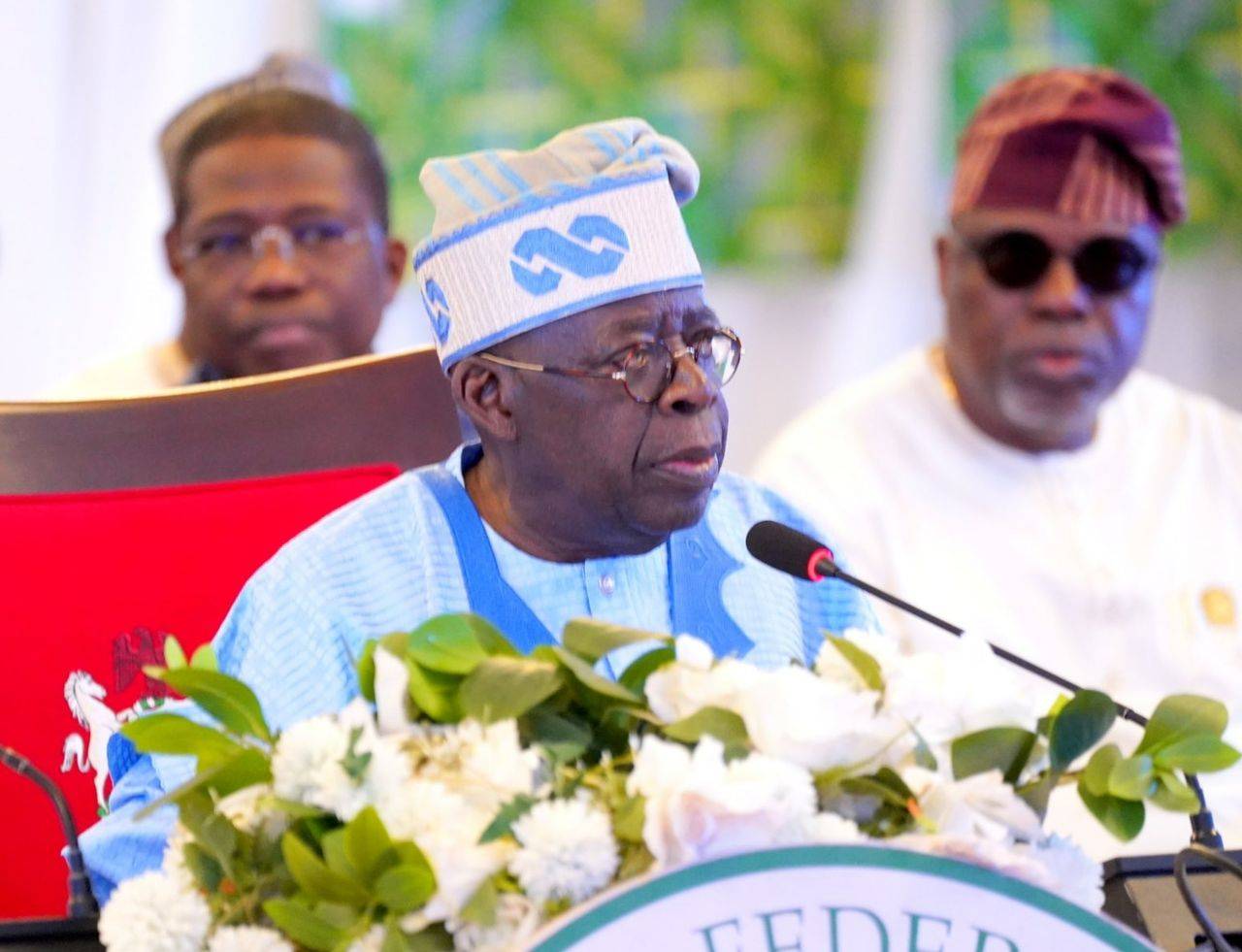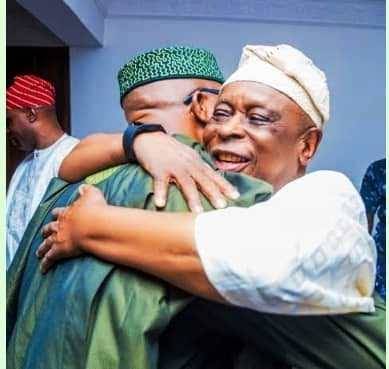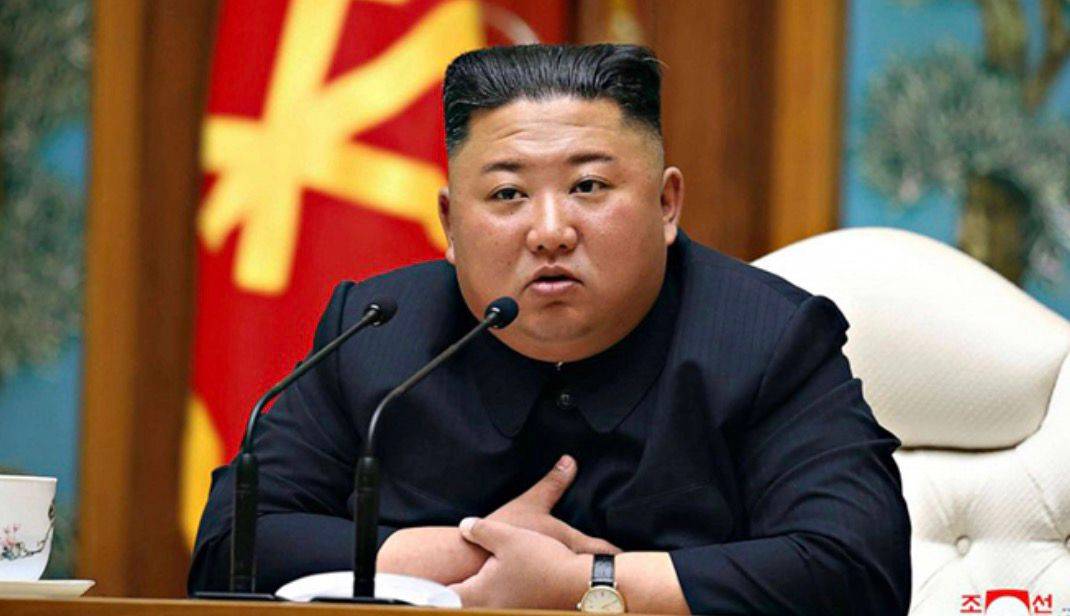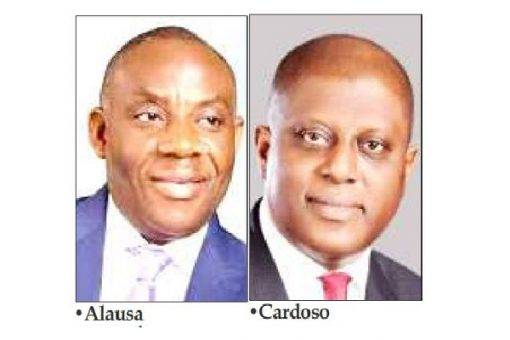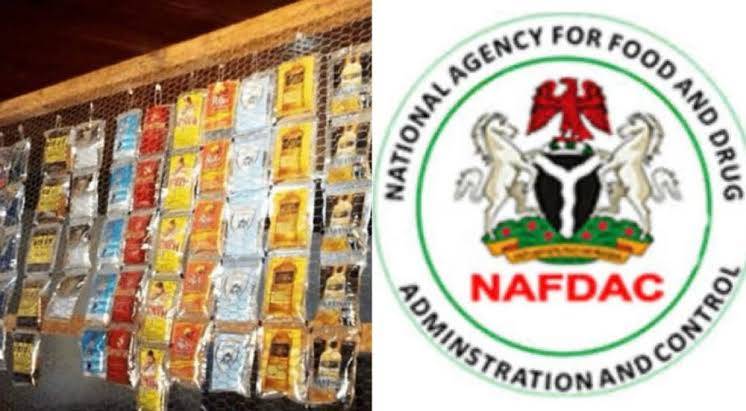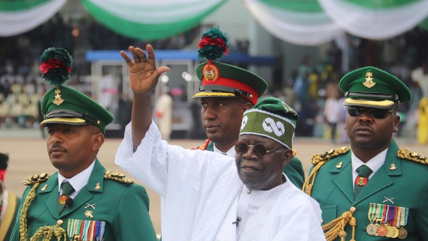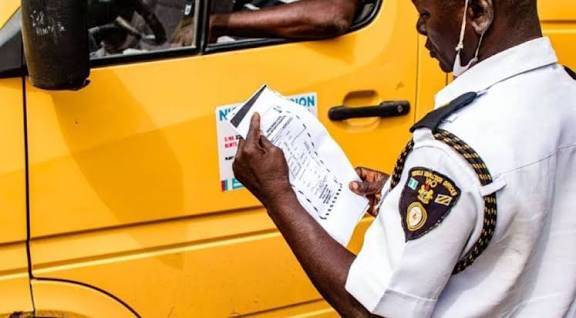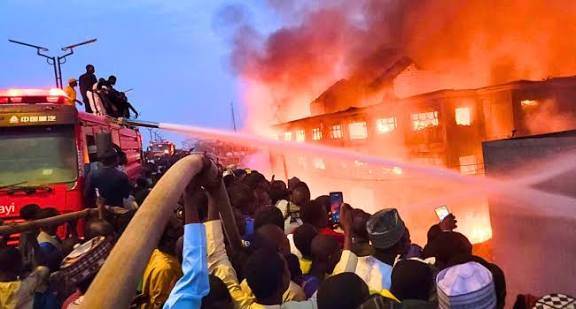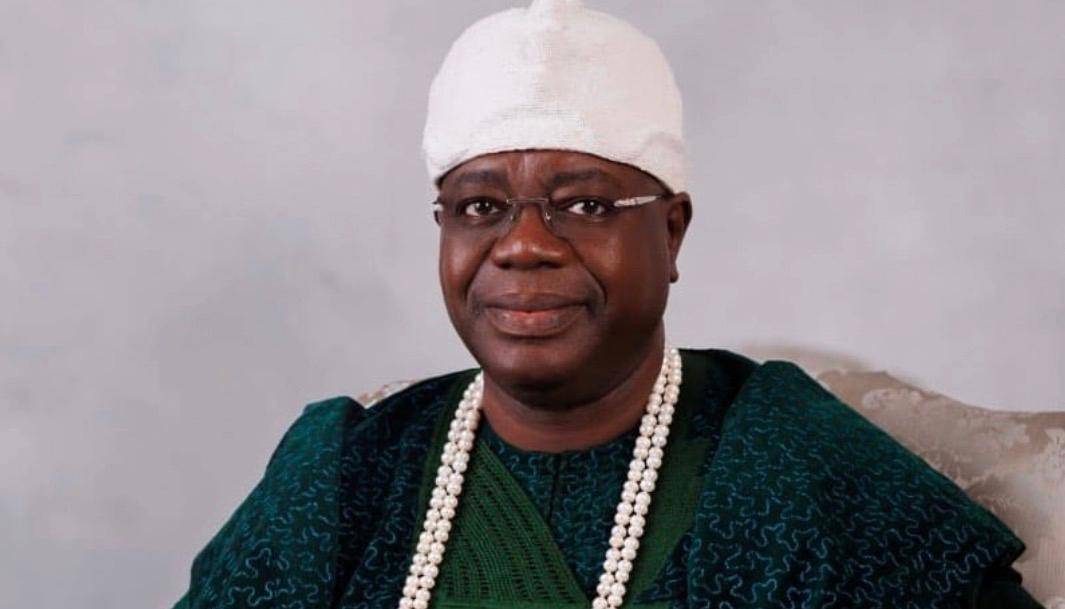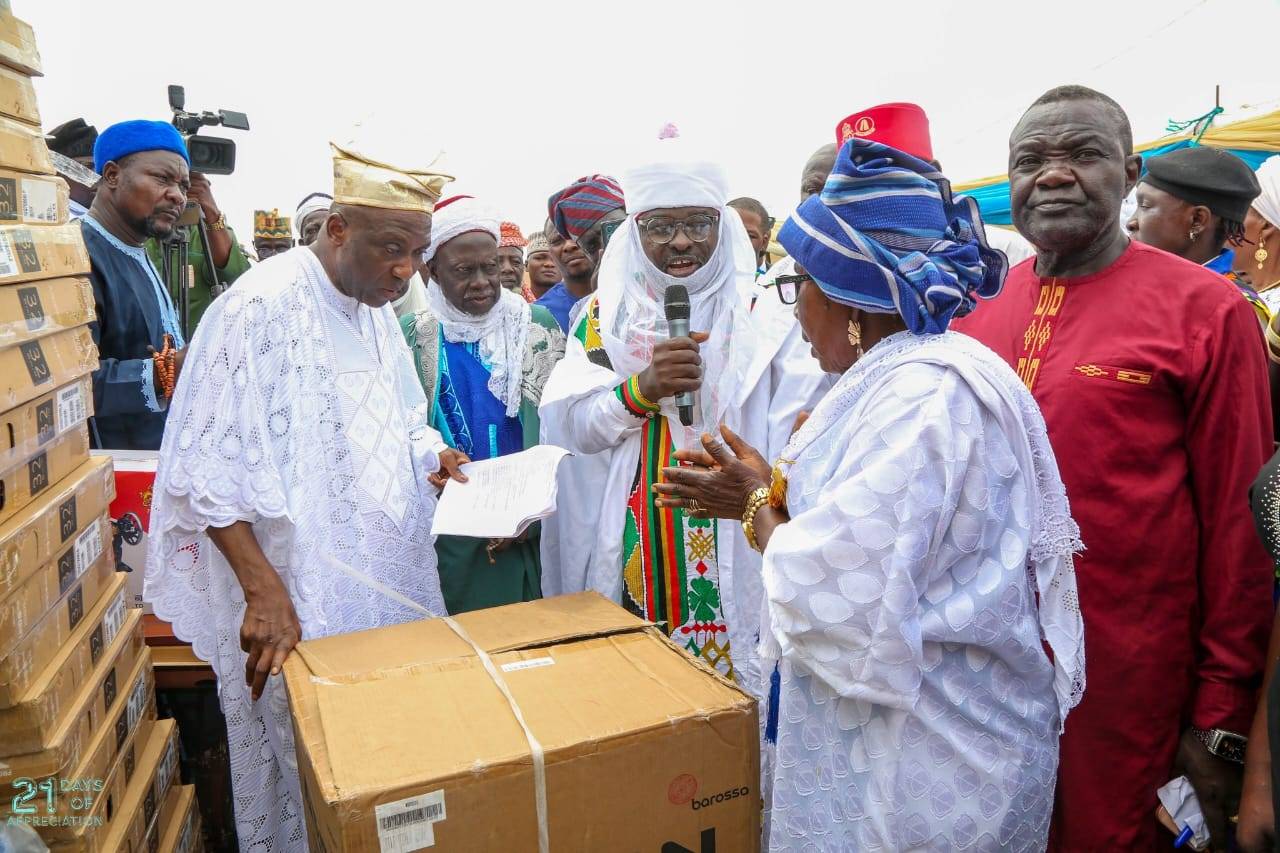By Matthew Ma
The issue of impunity has been a persistent challenge in Nigeria for many years. It refers to a culture of lawlessness and disregard for the rule of law, where individuals and groups act without fear of punishment or consequences for their actions.
The impact of impunity is far-reaching, affecting Nigeria’s socio-economic development, political stability, and human rights record. Unfortunately, those in positions of authority, including government officials, law enforcement agents and the military, are often involved in the abuse of power, corruption, and the violation of human rights, contributing to the erosion of trust in governmental institutions.
This has created an environment that fosters lawlessness and social unrest, which further exacerbates the issue of impunity in the country. Despite the gravity of impunity, the government has not shown much concern and has failed to take any significant steps to address it. As a result, offenders continue with their nefarious activities without any fear of being held accountable.
One of the most common impunities is human rights abuse by law enforcement agencies. Offenders often have connections with influential people in the government, making it difficult to bring them to justice. This has led to a culture of lawlessness and a feeling of injustice among the citizens, resulting in a sense of helplessness and hopelessness.
Furthermore, the issue of impunity has also led to a lack of investment in the country. Investors are hesitant to invest in a country where the justice system is weak and crimes go unpunished.
Throughout Nigeria, there are numerous instances in which individuals or collectives have perpetrated unlawful acts without facing repercussions for their actions.
Despite the tireless efforts of those in positions of authority, including government officials, law enforcement personnel and various human rights organizations, a significant number of these cases of impunity within Nigeria have yet to be satisfactorily resolved, resulting in widespread feelings of frustration and anger among those directly affected.
The crimes in question span a broad range, from acts of terrorism and politically motivated violence to instances of corruption and human rights violations.
For example, some years ago, a video of a female military officer assaulting a man in a car went viral. In the trending clip, the female soldier labeled the man as her boyfriend while her colleagues urged him to smile and laugh for the camera.
The terrified man couldn’t smile properly and was given three slaps on the face by the soldier as they posed for the camera. In another development, a video of a female soldier, Lt. Chika Anele, went viral when she dehumanized a member of the National Youth Service Corps. The incident happened at the 13 Brigade headquarters, Calabar, Cross River State.
PUNCH Metro gathered that a yet-to-be-identified witness recorded Anele using a bowl to scoop dirty water from a bucket and pouring the same on the corps member, Ifeyinwa Ezeiruaku, who was in her uniform. In the footage, the soldier ordered Ezeiruaku to kneel, and while on her knees, she soaked her with the dirty water. The female soldier also used the back of the bowl to hit the head of Ezeiruaku several times.
Angered by the ill-treatment of the corps member, an activist, Agba Jalingo, who got the footage, posted it on social media. Following the post, an online movement began, with Nigerians calling for Anel’s arrest for his actions.
In 2014, Mr. Sunday Amari, a 25-year-old man, was brutally beaten by several Nigerian Army cadets in Abuja for complimenting a female army cadet. In the video, a female cadet from the Nigerian Defense Academy (NDA) was seen slapping, smacking and kicking Mr. Amari, with other female and male cadets soon joining her to brutalize him. In an interview with Saharareporters and Channels TV, Mr. Amari said that the assault took place on December 31, 2014, at the Jabi Lake Park in Abuja, where he works as a parks and recreation officer. His account contradicts a claim by the Nigerian Defense Academy that the attack happened in Lagos.
Mr. Amari said that the cadets attacked and nearly killed him while he was at his duty post. He disclosed that he was not the original victim of the violent cadets. According to him, the cadets’ first victim was another man seen at the end of the video. He revealed that the cadets had brutalized the first victim to the extent that the man might have suffered severe brain or nerve damage. Mr. Amari said he was carrying out his duty of moving around the park to ensure that everything was in order when he saw the nine cadets beating up a civilian.
As he walked toward the cadets and their victims to inquire what was going on, the cadets then summoned him and asked why he was looking at them. Before he could speak, they descended on him and gave him a brutal beating even as he pleaded with them that he was a recreation officer at the park.
He revealed that at least five of the cadets participated in beating him until he passed out. He said he was left half dead, adding that a kind stranger took pity on him and conveyed him to the hospital, where he spent a week recuperating from his injuries. Mr. Amari, who hails from Okpokwu, a Local Government Area of Benue State, said he reported the assault to the cadets’ director.
A retired military officer told him nothing could be done since his attackers were military cadets. The Nigerian Defense Academy (NDA) in Kaduna issued a series of tweets claiming that the assault happened in Lagos while the cadets were on break, adding that the affected cadets would be punished.
However, the NDA did not respond to emails or calls from journalists seeking information on the identities of the cadets who took part in the horrifying assault on Mr. Amari.
In a recent incident of impunity that occurred, a soldier whose identity is yet to be disclosed was seen in a video defending his colleague who was arrested by Governor Babajide Sanwo-Olu’s convoy for allegedly driving against traffic on the Lagos-Badagry Expressway.
The soldier was seen criticizing the governor for calling a soldier ‘useless’ in the presence of ‘bloody civilians.’
According to media report, Governor Sanwo-Olu ordered the arrest of a soldier and three other motorcyclists for driving against traffic. In response to the arrest, a soldier who was not involved in the incident but felt his colleague had done nothing wrong expressed his discontent with the governor’s action. The soldier stated that the state governor had no right to arrest a soldier, especially in front of his barracks.
He claimed that the soldiers serving in any state are not under the direct control of the state governor but are accountable to their senior officers. Thus, the governor does not have the authority to detain or take any law enforcement agent into custody even when they have committed an offense.
The incident has brought to light a long-standing issue of impunity that has been prevalent in the country for years. In numerous instances, the misbehavior displayed by some top military officials has escalated to the point where they act as if they are beyond reproach and immune to legal consequences.
This feeling of impunity has frequently led to a lack of responsibility for their behaviors, which have far-reaching negative impacts on both the military’s overall functioning and the innocent civilians impacted by their actions.
The actions of these military officers have raised serious concerns about the extent of power they possess, highlighting the urgent need for proper accountability and regulation in the Nigerian law enforcement system. It is unacceptable to allow law enforcement officers to act with impunity, and there must be consequences for their actions.
Nigerians deserve a fair and just society, which can only be achieved through proper regulation and accountability. The government must take immediate steps to address this issue and ensure a safe and secure environment for all citizens.
The question now is, can anyone explain with any degree of substantive analysis and convincing eloquence why Nigerian soldiers are not obliged to respect the law and legal authority?
Can anyone tell me why soldiers should be so quick to call their fellow citizens Shege Banza, bastards, bloody civilians, and other vulgar names? Why is it that for a little infraction, it is acceptable for soldiers to order fellow citizens to roll inside a dirty gutter or do a frog jump?
Could those who are against the governor’s action tell me how the governor should have responded to a soldier in civilian clothes driving a motorcycle against traffic? The order by Governor Babajide Sanwo-Olu for the arrest of a man who identified himself as a soldier for driving against the traffic and the kind of words some purported soldiers use in a viral video to respond to the governor is appalling. In developed countries, individuals with a military background are deemed to have advantages and privileges.
They are called veterans because they served in the active military, naval, or air service and were discharged or released thereof under conditions other than dishonorable. Similarly, in Nigeria, we have numerous serving and retired military personnel who have made us proud with their exceptional service to the nation.
However, it is a grave error of judgment for some soldiers to believe that they are above the law and can act with impunity. Being a responsible citizen of any state requires individuals, including military personnel, to display varying degrees of respect.
Respect can be demonstrated in different dimensions, including self-respect, respect for others, respect for the law, respect for the environment, and respect for authority.
Unfortunately, the lack of respect for the law and constituted authority by some soldiers in Nigeria is alarming and saddening. This attitude has led to devastating consequences for the nation, as it undermines the rule of law and promotes a culture of lawlessness. The military must understand the need to uphold the law and respect the authority of the state to foster peace and harmony in the country.
To be continued
• Reverend Ma, S.J a Jesuit Catholic Priest specializes in Public Policy & Social Policy.



